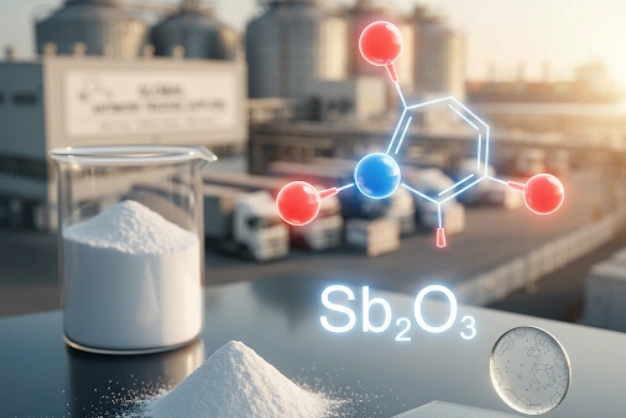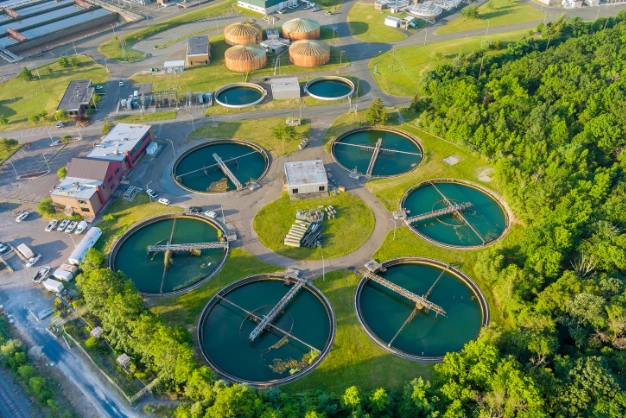Silicone has revolutionized the culinary world with its application in cookware and bakeware. Silicone molds, spatulas, and baking mats are popular for their non-stick properties and heat resistance. These kitchen tools are easy to clean and do not retain odors or flavors, making them ideal for baking and cooking various dishes. Silicone bakeware also allows for even heat distribution, resulting in perfectly cooked and baked goods.
In the electronics industry, silicone is used to coat and protect electronic components. It provides insulation and protection against moisture, dust, and other contaminants. Silicone coatings are applied to circuit boards and other sensitive components to enhance their performance and reliability. This protection is crucial in extending the lifespan of electronic devices and ensuring their safe operation in various environments.
Silicone is widely used in the medical field for manufacturing devices such as catheters, tubing, and implants. Its biocompatibility and hypoallergenic properties make it safe for use in medical applications. Silicone catheters and tubing are flexible and comfortable, reducing the risk of irritation and infection. Implants made from silicone are durable and compatible with the human body, making them suitable for long-term use.
Silicone plays a crucial role in the development of custom-fit prosthetics and orthotic devices. Its flexibility and ability to mimic human tissue make it ideal for creating comfortable and realistic prosthetic limbs. Silicone prosthetics provide a natural appearance and enhanced functionality, improving the quality of life for individuals with limb loss. Orthotic devices made from silicone offer support and comfort, aiding in mobility and rehabilitation.
Silicone food storage bags and wraps are becoming popular as eco-friendly alternatives to plastic. These reusable containers are flexible, durable, and safe for storing food. Silicone bags and wraps are also heat resistant, allowing them to be used in microwaves and ovens. They help reduce plastic waste and contribute to a more sustainable lifestyle.
Silicone is widely used in boat construction for sealing and bonding purposes. Its resistance to water and UV rays makes it ideal for marine environments. Silicone sealants are applied to joints, seams, and other critical areas to prevent leaks and ensure the structural integrity of boats and marine vessels. The flexibility of silicone allows it to absorb vibrations and movements, enhancing the durability of marine structures.
Silicone is an integral material in the aerospace industry for manufacturing seals, gaskets, and insulation. Its ability to withstand extreme temperatures and harsh conditions makes it suitable for aircraft components. Silicone seals and gaskets ensure the safety and efficiency of aircraft systems, preventing leaks and maintaining pressure. Silicone insulation protects against temperature fluctuations, contributing to the overall performance and safety of aircraft.
In space exploration, silicone materials are used for their durability and flexibility under extreme conditions. Silicone is applied in seals, gaskets, and insulation for spacecraft, ensuring their integrity and functionality. The resilience of silicone materials makes them ideal for withstanding the harsh environment of space, including extreme temperatures, radiation, and vacuum conditions.
Silicone is used to coat fabrics, creating waterproof and breathable materials. These fabrics are essential for outdoor clothing, tents, and other gear that require protection from water while allowing moisture to escape. Silicone-coated fabrics are lightweight, durable, and comfortable, making them ideal for outdoor and sports apparel.
Silicone molds are popular in art and crafts for casting materials such as resin, plaster, and clay. These molds are flexible and durable, allowing for intricate designs and easy release of cast objects. Artists and crafters use silicone molds to create detailed sculptures, jewelry, and other decorative items.
In industrial prototyping, silicone molds are used to create prototypes and molds for manufacturing. Silicone’s precision and flexibility enable the production of accurate and detailed prototypes. These molds are essential for testing and refining product designs before mass production.
General-Purpose Adhesives
High-Performance Sealants
Specialized silicone sealants are designed for demanding applications that require resistance to extreme temperatures, chemicals, and environmental conditions. These sealants are used in industries such as aerospace, marine, and electronics, where reliable sealing is critical for safety and performance.
Silicone-based greases are used for lubricating parts in high-temperature environments. They provide excellent thermal stability and reduce friction and wear, ensuring the smooth operation of machinery and equipment. High-temperature silicone greases are used in automotive, industrial, and aerospace applications.
Dielectric silicone grease is used for electrical insulation and protection. It prevents moisture and contaminants from affecting electrical connections, ensuring reliable performance. Dielectric grease is commonly used in automotive electrical systems, electronics, and communication equipment.
Silicone is non-toxic and hypoallergenic, making it safe for use in medical, personal care, and food-related applications. It does not cause irritation or allergic reactions, ensuring safety and comfort.
Silicone is an eco-friendly material that can be reused and recycled. Its durability and reusability make it a sustainable choice for various applications, reducing waste and environmental impact.
Silicone’s adaptability and wide range of properties make it suitable for numerous industries, from household and automotive to medical and aerospace. Its versatility allows for innovative solutions and applications across different fields.
When selecting silicone for specific applications, consider factors such as the environment, material compatibility, and the properties required. For example, in high-temperature settings, choose silicone products designed to withstand heat. For medical or food-related applications, ensure the silicone is biocompatible and non-toxic. Consulting with silicone manufacturers and suppliers can help you find the right type of silicone for your needs.



